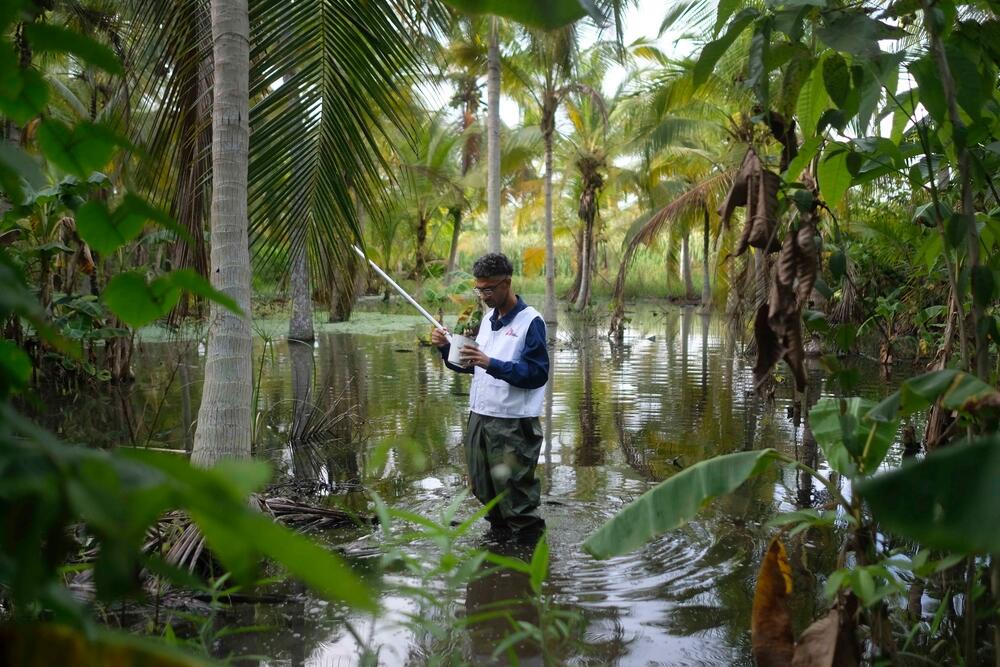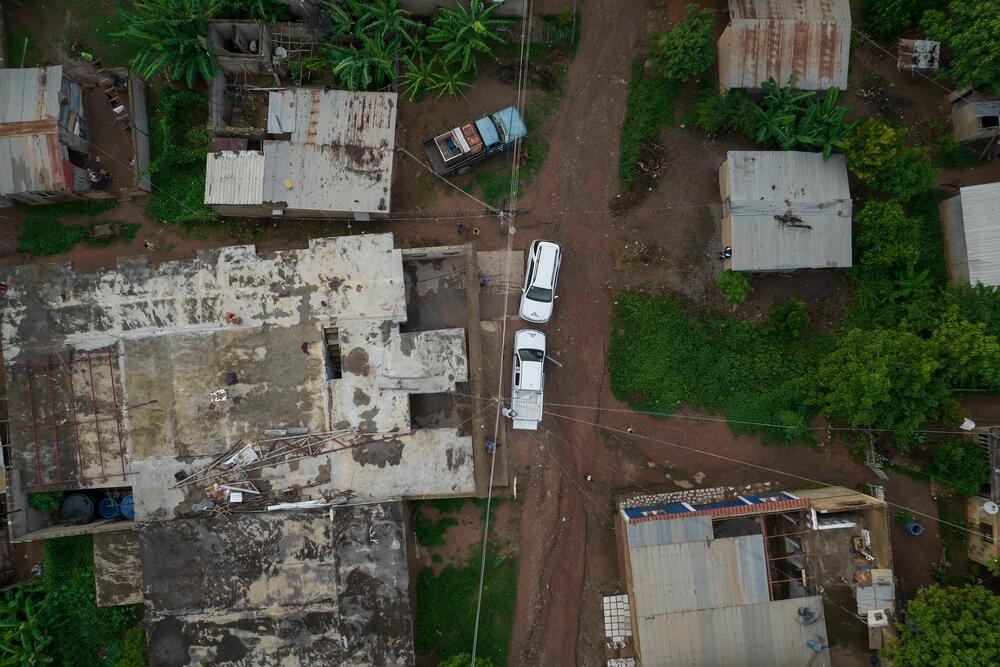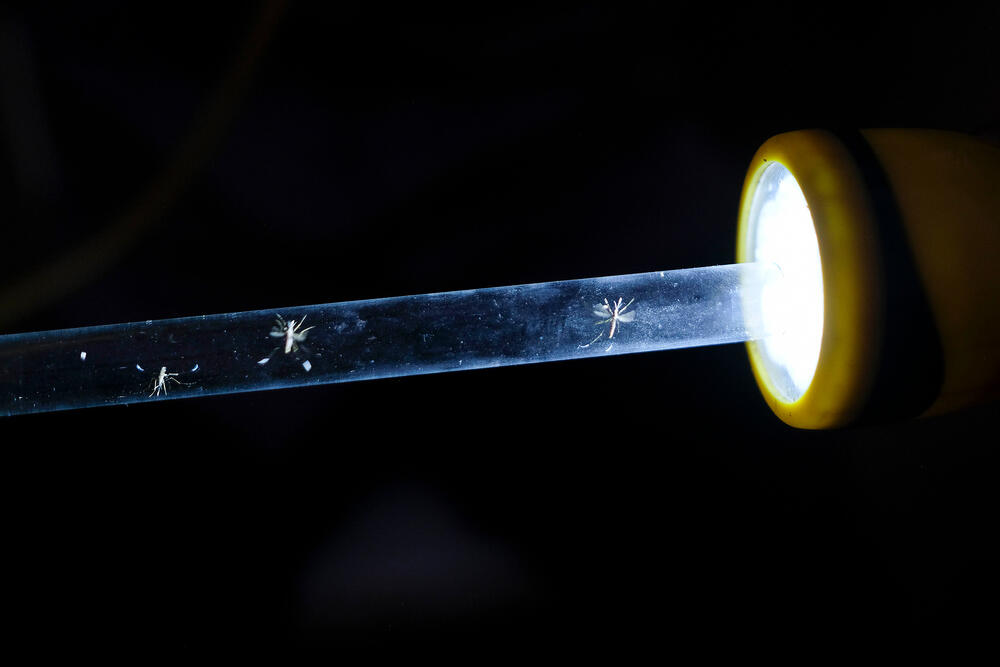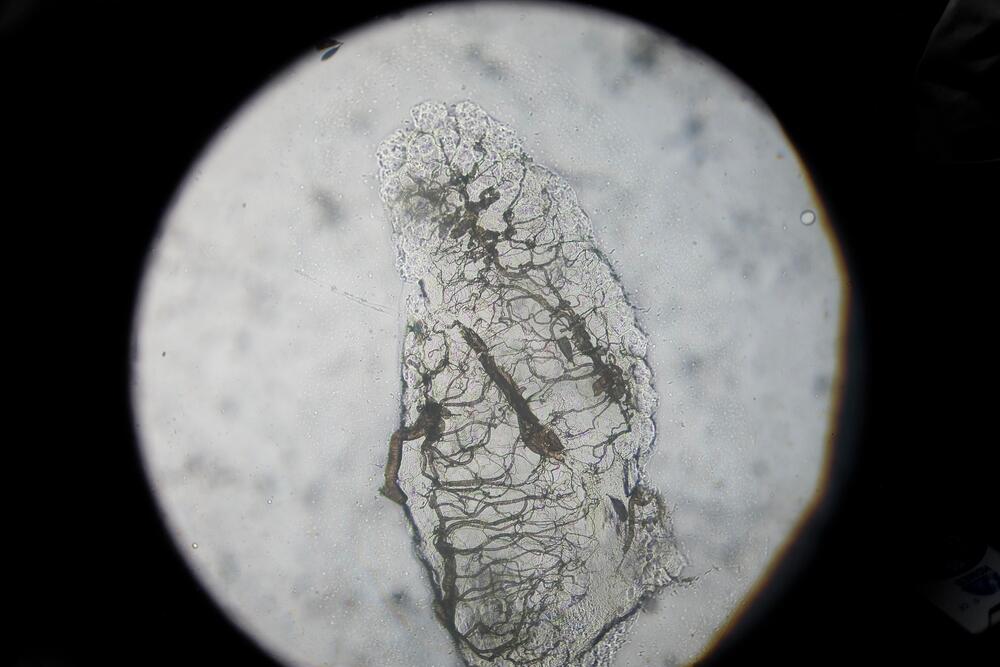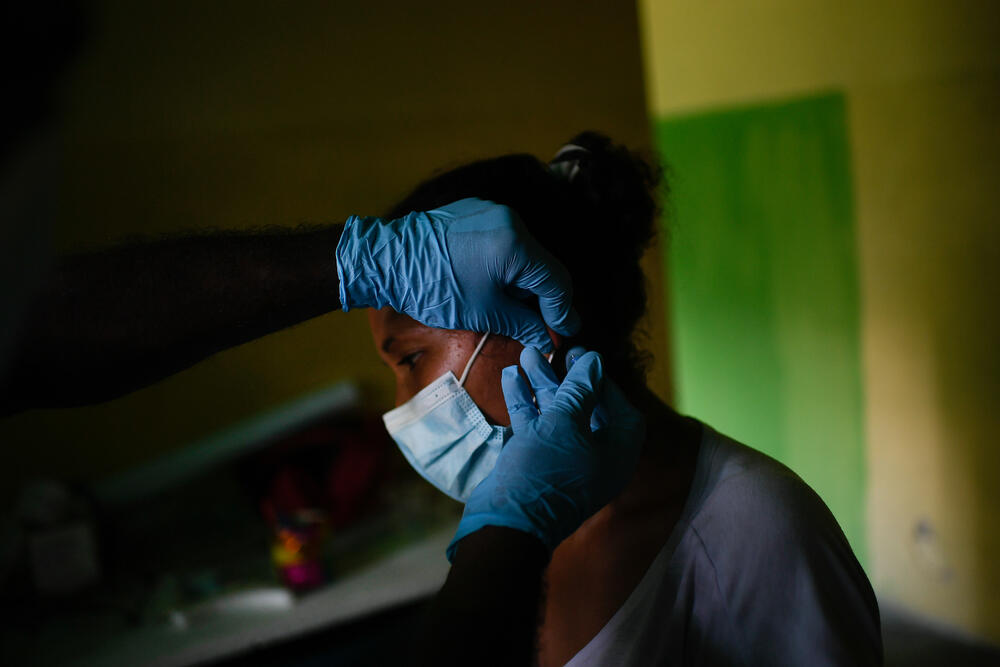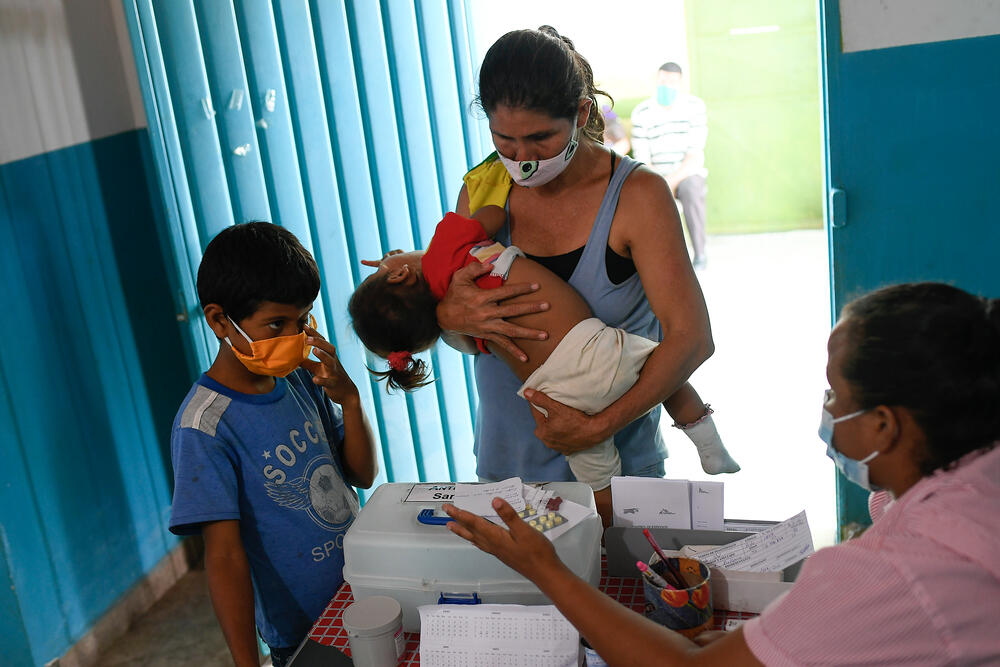Photostory: Why we track mosquitoes in Venezuela
Biologist Melfran Herrera studies an Anopheles mosquito under a microscope. He carefully removes its ovaries to see whether or not it has laid eggs.
If it has laid eggs, then it’s an “old” mosquito and has already consumed blood. It’s probably infected and could become a transmitter of deadly malaria.
Melfran has more than 20 years’ experience as a specialist in the control of insect-borne diseases. He works as a vector control supervisor with Médecins Sans Frontières / Doctors Without Borders (MSF) in the northeast Venezuelan state of Sucre.
Here, MSF teams are supporting the regional health authorities in the fight against malaria.
In the 1960s, malaria was almost under control in the country. However, it has made a major comeback in recent years.
According to the World Health Organization, more than 400,000 cases were diagnosed in 2017, which makes Venezuela one of the most affected countries in Latin America.
In the state of Sucre – which has one of the highest incidences of the disease – MSF has worked in the communities of Yaguaraparo, Coicual, Putucual, Guaca, Caño Ajíes, Agua Clarita and San Vicente since 2019.
Now, together with local health authorities, we focus on three main activities: diagnosis, treatment, health education and, importantly, vector control.
Vector control is about preventing the transmission of diseases through the insects that carry them – also known as “vectors”.
It can be a complex process to carry out as, for the measures to be effective, teams need to know absolutely everything about the mosquitoes they are dealing with.
The first step is to locate possible breeding sites. So, the vector control team visit streams and lagoons near where malaria cases are found to collect water samples. They need to confirm the presence and density of Anopheles mosquito larvae.
Next, the team go into local people’s homes to track and trap mosquitoes with the intention of studying them. They look to determine which species are present, their number, their average life span, their preferred time of day to bite, and whether they enter houses and rest on walls.
Once the vector control team have all this information, the results are analysed to help develop effective and sustainable vector control strategies.
This might include treating ponds with biolarvicides – used to kill mosquito larvae – setting up schedules to spray the walls inside people’s houses and distributing mosquito nets.
At the same time, medical teams at local healthcare centres and in Carúpano Maternity Hospital complement this work through the early detection and treatment of malaria.
And, in nearby communities, teams of MSF health promoters work with local people to provide information on care and prevention.
Medical care where it's needed most
Help us care for people caught in the world's worst healthcare crises.
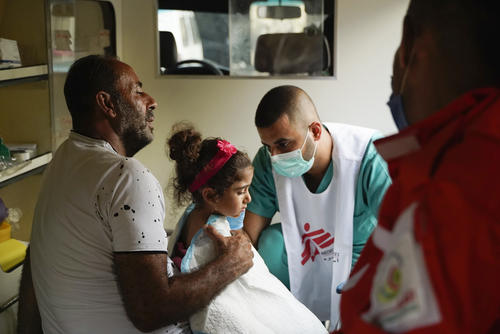
The combination of all these measures has led to a significant drop in cases of the disease.
In the places where MSF teams have been working, the overall rate of malaria has decreased by 80 percent since 2019.
In the first half of 2021, 1,641 cases were reported in these areas. That's compared to 8,566 cases over the same period two years before.
At MSF’s clinic in San Vicente, a rural area of Sucre, Noble Garcia brings her grandson to be tested for malaria.
The boy has symptoms of the disease, sadly, not for the first time. In recent years, Noble has had the disease at least three times and her grandson has had it once.
However, she says that the situation has changed in the past year:
"You don't see so many people with malaria anymore,” she explains.
“We know how to take care of ourselves when we are sick, and here we receive treatment."
Staff at this MSF-supported outpatient clinic prick the boy’s earlobe, obtaining a blood sample to determine whether he is infected... the result comes back positive. He is now one of the 200 million malaria cases diagnosed worldwide each year.
Thankfully, however, Noble’s grandson was diagnosed early. He will be treated and is likely to recover in just a few days.
Across Venezuela, MSF is working to reduce malaria rates in the states of Anzoátegui, Bolívar and Sucre.
During the first half of 2021, our teams in these three regions carried out 80,631 malaria tests, diagnosed and treated 14,858 people for the disease, and distributed 23,000 mosquito nets.
MSF in Venezuela
Situated on the north coast of South America, Venezuela is known for its diverse natural attractions, which include the world’s highest waterfalls and the famous Amazon rainforest.
However, the country’s natural beauty belies a political and economic crisis that has crippled the health system and forced millions of Venezuelans to flee. Médecins Sans Frontières / Doctors Without Borders (MSF) has been working in Venezuela since 2015.
We provide medical and mental healthcare to victims of urban and sexual violence in the capital, Caracas, making referrals for further treatment, legal assistance and social support as necessary.
We also conduct training for local health workers and public awareness campaigns on sexual violence and respond to other health concerns, such as natural disasters and malaria.
